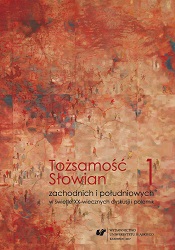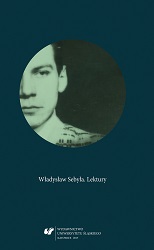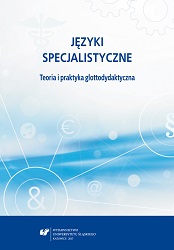
Zavičajni identitet u nastavi
Within the framework of the prevailing globalization processes the identification of the value of homeland identity becomes crucial in preserving the personal and national identity. Covering a wide semantic field (in the biological, sociological, dialectological, ethnographic, philosophical and psychological sense), the term indigenization offers multiple forms of their transposition: artistic, scientific, educational, teaching and school-related ones. The pursuit of indigenous values in teaching is based on the theory related to the homeland, the national and cultural identity that emphasizes language, territory, history, culture, art and tradition as its main determinants. The theses related with the research topics of indigenization are located in a methodical and pedagogical overview whose purpose is to familarize oneself with and preserve the heritage – Lika identity through teaching literature as a creatively stimulating form of work with children during class teaching. The communication with the texts within the idiom in which the gradually disappearing world is saved the ability to detect native identity by accepting the words and their preservation is provided as well by the customs, beliefs, family relationships, relationships within the wider community. The preservation of the Lika indigenization – through students’ communication with a literary text, interweaving native idioms and standard language, experiencing non-fiction narratives that deal with indigenous themes, establishing cultural relations with the past and the tradition – creative communication with the cultural homeland heritage, by means of embedding native values in the personal identity, is achieved.
More...

